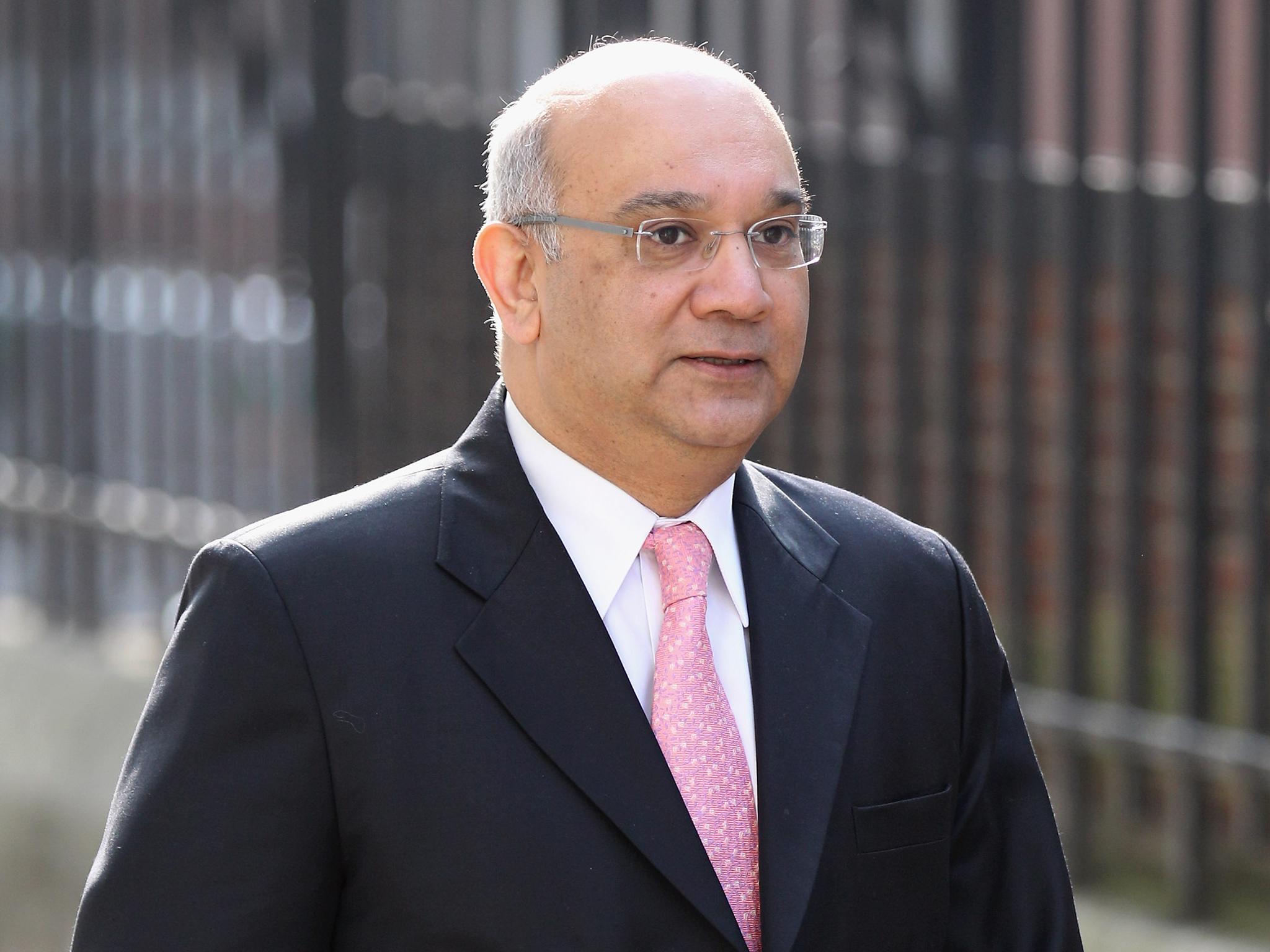Designer vaginas: Under 18s should be banned from having the surgery, MPs say
The Government insisted that legislation on FGM contains no exemptions for cosmetic surgery and no legal amendment is needed to ban the practice

Your support helps us to tell the story
From reproductive rights to climate change to Big Tech, The Independent is on the ground when the story is developing. Whether it's investigating the financials of Elon Musk's pro-Trump PAC or producing our latest documentary, 'The A Word', which shines a light on the American women fighting for reproductive rights, we know how important it is to parse out the facts from the messaging.
At such a critical moment in US history, we need reporters on the ground. Your donation allows us to keep sending journalists to speak to both sides of the story.
The Independent is trusted by Americans across the entire political spectrum. And unlike many other quality news outlets, we choose not to lock Americans out of our reporting and analysis with paywalls. We believe quality journalism should be available to everyone, paid for by those who can afford it.
Your support makes all the difference.A blanket ban should be introduced on so-called designer vagina surgery on under-18s to meet concerns that the law which prohibits female genital mutilation is ambiguous and promotes “double standards”, an influential group of MPs has found.
The Government has insisted that Britain’s legislation on FGM contains no exemptions for cosmetic surgery and no amendment to the law is necessary to specifically ban the practice, which is increasingly sought by adult women in the UK.
But a report published today by the Home Affairs Select Committee finds that doctors, midwives and police believe there is confusion about the current rules which gives rise to a risk of “double standards” where communities are warned of the abomination of FGM while cosmetic surgery with potentially similar effects is offered in private clinics.
The MPs said the 2003 Female Genital Mutilation Act, which criminalises any mutilation of a girl’s genitalia, should also prohibit all cosmetic surgery on a minor unless it is justified by doctors on grounds of physical or mental health.
Keith Vaz, the chairman of the committee, said: “The law relating to female genital cosmetic surgery is ambiguous and must be clarified. We cannot tell communities in Sierra Leone and Somalia to stop a practice which is freely permitted on Harley Street.”

Cosmetic genital surgery, in particular labiaplasties to reduce the size of the labia so they do not protrude, has become increasingly sought after in Britain amid concern that women are feeling pressured by misleading depictions of the female body in the media and popular culture.
The number of such procedures carried out by the NHS has increased five-fold since 2001, with 2,000 operations carried out in 2010. Private clinics do not submit statistics, though one London specialist reported an 80 per cent rise in demand over the last two years.
Although the procedure can be medically justified on grounds of physical pain and psychological distress, doctors have raised concern that its popularity is also being driven by “unrealistic representations of vulval appearance in popular culture”.
The Royal College of Obstetricians and Gynaecologists issued a formal ethical opinion two years ago which acknowledged that a child over 16 could consent to surgical procedures. But it found that genital cosmetic surgery should not be normally carried on minors “regardless of consent”.
Campaigners and professionals have expressed concern that cosmetic surgery could be used as a cover for FGM as well as sending a mixed message to communities where girls are most at risk of being coerced into undergoing clitoral and labial mutilation.
Janet Fyle, policy advisor at the Royal College of Midwives, said: “We could be accused of double standards if we are saying to communities ‘you cannot do that’ but we are saying to doctors and surgeons ‘Yes, of course you can do that if you give anaesthetic and have a very nice room where you can put the girl’.”
The committee accused public authorities, from prosecutors to health professionals, of “buck passing” in the continuing failure to bring successful prosecutions for FGM when some 170,000 women and girls in Britain are estimated to have suffered the procedure.
Mr Vaz said: “While agencies play pass the parcel of responsibility, young girls are being mutilated every hour of every day. This is deplorable. This barbaric crime which is committed daily on such a huge scale across the UK cannot continue to go unpunished.”
The Home Office said last night it was bringing in additional measures to tackle FGM but rejected criticism that the current law enshrined double standards concerning genital cosmetic surgery. It said it had no plans to amend the legislation.
Join our commenting forum
Join thought-provoking conversations, follow other Independent readers and see their replies
Comments